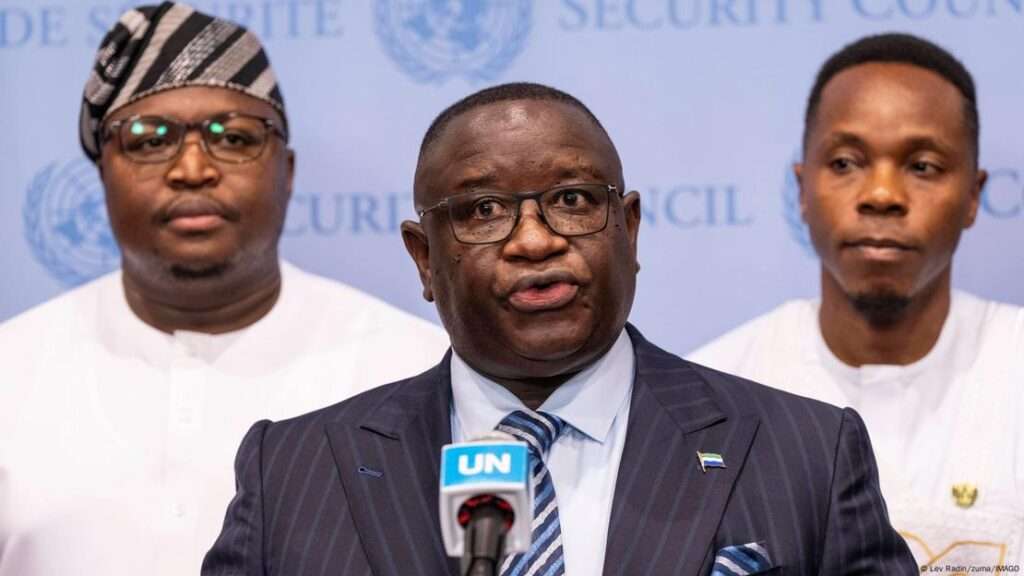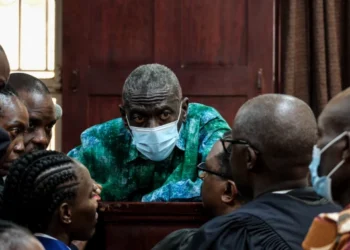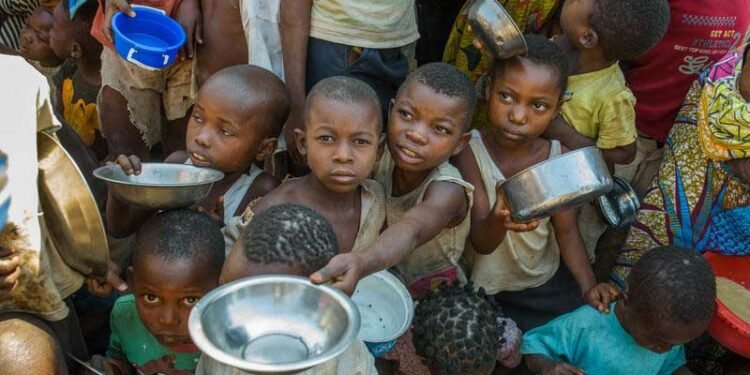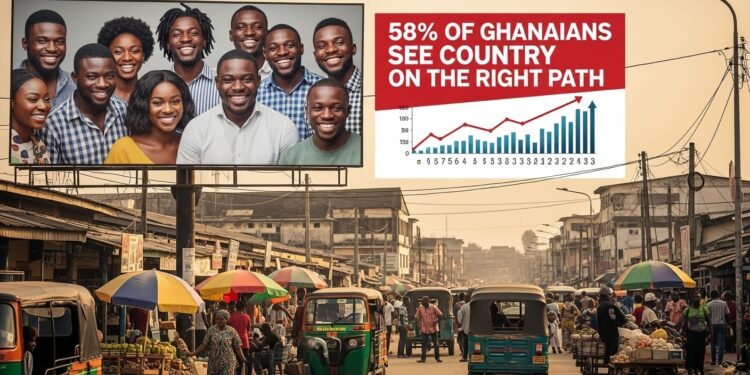The call for greater representation is growing louder as African nations continue to push for permanent seats and veto power on the United Nations Security Council (UNSC).
African leaders argue that their substantial role in global peace efforts demands a seat at the table where key international decisions are made. This sentiment was strongly echoed by Malawi’s President Lazarus Chakwera in a recent interview.
“We’ve been pushing for a reconsideration so that Africa becomes a bona fide participant around the table, particularly in the [UN] Security Council,” President Chakwera emphasized. “I raise those questions every time I’ve had a chance to speak up.”
The UNSC currently consists of five permanent members: Russia, the United States, China, the United Kingdom, and France. Each of these nations holds veto power, allowing them to unilaterally block resolutions, even if the majority of other members support them. The remaining ten seats on the council are non-permanent and are distributed regionally.
Africa currently occupies three of the 15 seats on the council, held by Sierra Leone, Algeria, and Mozambique. However, given that African nations make up 28% of the UN’s total membership, many argue that the continent’s representation is insufficient.
This disparity has fueled ongoing debates and calls for reform, with the issue of Africa’s underrepresentation at the forefront.
Veto Power A Sticking Point
The desire for a more inclusive Security Council isn’t unique to Africa. Nations from various regions have long sought a more equitable distribution of power within the UNSC.
However, despite a general consensus that reform is necessary, disagreements over the specifics of how to expand the council — such as which countries should be included and what powers they should possess — have stalled progress.
On August 12, the UNSC held a significant meeting to address the historical underrepresentation of Africa. During this session, Sierra Leone’s President Julius Maada Bio, who currently presides over the council as a non-permanent member, expressed the urgency of the situation.
“Africa demands two permanent seats in the UN Security Council and two additional non-permanent seats, bringing the total number of non-permanent seats to five,” President Bio asserted.
He also highlighted the African Union’s preference to select the continent’s permanent representatives, stressing the need for the veto power to either be abolished or extended to all new permanent members.
Bio leads the African Union’s committee of ten heads of government, known as the C-10, which is actively campaigning for Security Council reform. His advocacy has been particularly vocal this year, with Sierra Leone holding the council presidency for August.

Africa’s Role in Global Peace Efforts
Critics of the current Security Council structure argue that it is outdated and fails to reflect the contemporary geopolitical landscape.
They point out that Africa’s 54 countries play an indispensable role in global peace and security, yet their influence within the UNSC is limited by an outdated system that does not adequately represent the continent’s interests.
Antonio Guterres, the UN Secretary-General, has also voiced his concerns over Africa’s marginalization within the council.
“We cannot accept that the world’s preeminent peace and security body lacks a permanent voice for a continent of well over a billion people — a young and rapidly growing population — making up 28% of the membership of the United Nations.”
Antonio Guterres
He further underscored Africa’s critical contribution to UN peacekeeping missions, noting that over 40% of UN peacekeepers are deployed on the African continent.
In times of global crises and geopolitical tension, African countries have often been among the first to advocate for peace, multilateral solutions, and strict adherence to international law.
As such, African leaders remain steadfast in their pursuit of greater representation at the UNSC. Their demands for permanent seats and veto power reflect a broader call for a more balanced and just international system, one that acknowledges the continent’s vital role in global affairs.
READ ALSO: Finance Minister Provides Update on Ghana’s Economy























